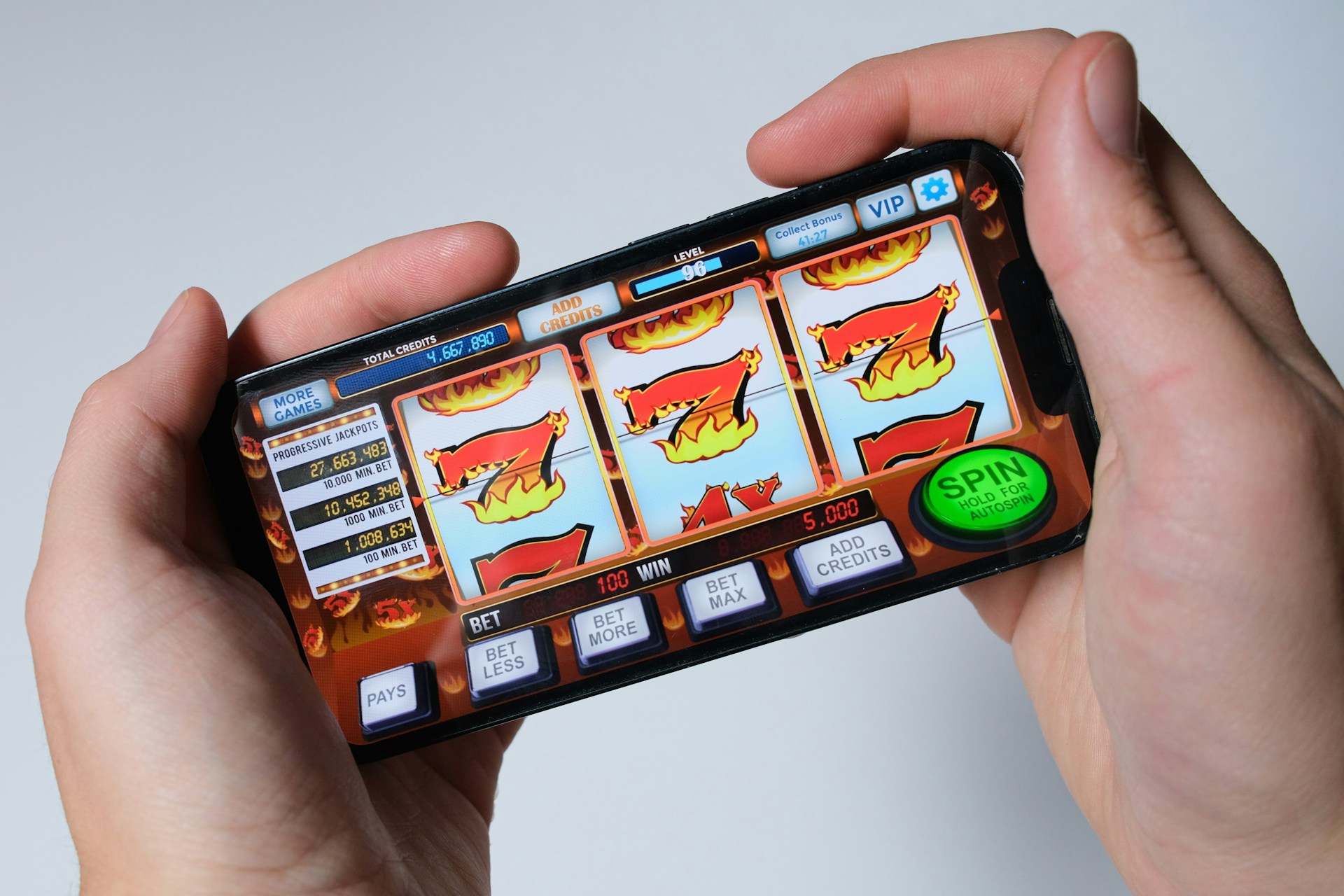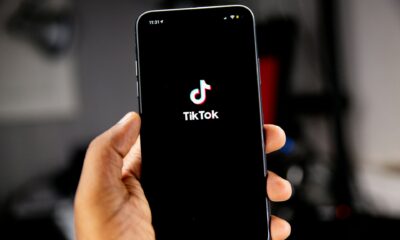News
The Hidden Triggers Behind Gambling Addiction: How South Africans Get Hooked

South Africa’s gambling culture is booming from township betting shops to online platforms where a few clicks promise big wins. But beneath the excitement lies a deeper psychological pull that keeps millions trapped in cycles of hope and loss.
The Rush That Keeps People Coming Back
Every gambler knows the high of anticipation. Even before the first coin drops or bet slips, the brain releases dopamine the “feel-good” chemical. This surge mimics the pleasure response seen in other addictions, from alcohol to social media.
Clinical psychologists explain that this anticipation not necessarily the win itself fuels repeated behaviour. In other words, you don’t need to win to get hooked; the hope of winning is enough. That’s why so many South Africans continue betting, even when the odds are stacked against them.
Cognitive Traps: Why Logic Doesn’t Always Win
People struggling with gambling addiction often experience cognitive distortions mental traps that warp rational thinking. A few common ones include:
-
Illusion of Control: Believing skill or strategy can override pure chance.
-
The Gambler’s Fallacy: Thinking a string of losses means a win is “due.”
-
Selective Memory: Remembering near-wins and ignoring crushing losses.
In local forums and betting communities, you’ll often hear phrases like “I was so close last night!” a sign of near-win thinking that convinces players to try again. These patterns turn random outcomes into personal narratives of “almost there,” reinforcing false confidence.
Emotional Escapes and Hidden Pain
For many, gambling becomes less about winning and more about coping. Emotional distress from job insecurity, family conflict, or loneliness often drives people toward gambling as an escape.
A local counsellor in Johannesburg notes that after major losses, people often gamble again “to fix the feeling of failure.” That “get even” mentality deepens the spiral, with emotional pain and financial strain feeding each other.
Social media users frequently highlight how easy access to online betting apps has worsened the problem. “It’s like a casino in your pocket,” one X (formerly Twitter) user wrote, warning how boredom or payday excitement can easily lead to a “small bet” that grows into debt.
How Society Makes It Worse
South Africa’s betting boom is driven by both access and advertising. Betting platforms sponsor football teams, run flashy social media campaigns, and target young people with “free bet” promotions. The result? A culture that normalizes risk-taking as entertainment.
Regulators have struggled to keep up with the explosion of online betting sites, many of which operate with minimal safeguards. With the country’s high youth unemployment rate and easy mobile data access, gambling offers both distraction and danger.
Signs Someone Might Be Struggling
If you or someone you know shows these red flags, it could signal a gambling problem:
-
Constantly thinking about betting
-
Needing bigger bets for excitement
-
Getting restless when trying to stop
-
Gambling to escape stress or sadness
-
Lying to hide gambling activity
-
Chasing losses or relying on others to cover debts
Finding the Way Back
Overcoming gambling addiction isn’t about willpower alone. It often requires professional support from psychologists, psychiatrists, or social workers. Counselling can help uncover the emotional and social triggers that fuel addiction and teach coping strategies that replace harmful habits.
Organisations such as the South African Responsible Gambling Foundation offer confidential help lines, therapy referrals, and community programs. The first step, experts say, is simply acknowledging the problem.
“The moment you stop blaming luck and start looking inward,” one recovering gambler shared online, “you begin to win your life back not just your money.”
{Source:Hlomani Fumani from IOL}
Follow Joburg ETC on Facebook, Twitter , TikTok and Instagram
For more News in Johannesburg, visit joburgetc.com



























